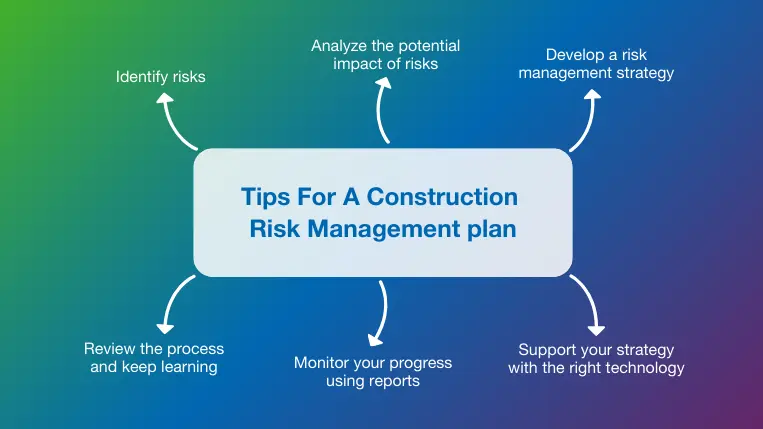Exploring the Long-Term Benefits and Importance of Risk Management for Startups
Exploring the Long-Term Benefits and Importance of Risk Management for Startups
Blog Article
Recognizing the Significance of Risk Management in Company Success and Sustainability
In today's ever-evolving organization landscape, the importance of Risk Management can not be understated. Allow's unbox this complex topic, checking out just how aggressive Risk Management contributes to the longevity and success of organizations.
The Principle of Risk Management in Business
Risk Management, a fundamental facet of organization operations, carries a substantial weight in the success or failure of a business. It includes determining, examining, and controlling dangers to a company's capital and incomes. These hazards, called as threats, might originate from a variety of resources including financial uncertainties, legal liabilities, calculated Management errors, crashes, and all-natural calamities. Businesses employ Risk Management procedures to minimize the adverse impacts of these risks. It is a systematic approach that leads the method for educated decision-making, making sure economic security and sustainability. The principle of Risk Management is not an assurance against Risk, yet rather a vital device that advertises operational performance and resilience in face of changability.
Crucial element of a Durable Risk Management Approach
Building a robust Risk Management strategy includes numerous crucial elements. Recognition of potential dangers is the primary step, complied with by a detailed evaluation of these risks. After comprehending the gravity of the threats, appropriate procedures must be prepared for Risk reduction. These measures can vary from diversification of resources to insurance protection. An effective Risk Management approach likewise involves constant tracking and review of the recognized risks and the effectiveness of the control measures. The strategy ought to be adaptable sufficient to accommodate modifications in the service environment. Additionally, the technique should additionally entail training of the workers to deal with unexpected scenarios. All these aspects, when combined properly, add to a durable Risk Management technique.
Just How Risk Management Adds To Organization Success

Instance Studies: Successful Risk Management in Method

Future Patterns in Risk Management and Their Ramifications for Companies
As the global service landscape remains to progress, so too does the field of Risk Management. Future patterns suggest a shift in the direction of positive instead of reactive methods, with companies significantly looking for to recognize and alleviate dangers prior to they take place. The unification of technology, specifically AI and big information analytics, will play a crucial duty in this makeover. These devices can provide real-time insights, enabling swift and informed decision-making. Moreover, environmental, social, and site here administration (ESG) threats are predicted to climb in prestige, mirroring a growing social problem for sustainability. Companies that adjust to these trends and integrate them into their Risk Management methods will likely be better geared up for success and sustainability in the unclear future.

Verdict
In verdict, understanding the relevance of Risk Management is crucial for company sustainability and success (importance of risk management). Via real-world case studies and future patterns, it's noticeable that a durable method to run the risk of Management is paramount in browsing today's facility company atmosphere.
Services employ Risk Management procedures to reduce the negative effects of these threats. The principle of Risk Management is not a guarantee versus Risk, but rather a necessary tool that promotes functional effectiveness and resilience in face of unpredictability.
Identification of potential threats is the main step, followed by a comprehensive evaluation of these dangers (importance of risk management). After understanding the gravity of the risks, appropriate measures must be intended for Risk mitigation. An effective Risk Management strategy additionally entails consistent tracking and testimonial of the identified risks and the performance of the control actions
Report this page